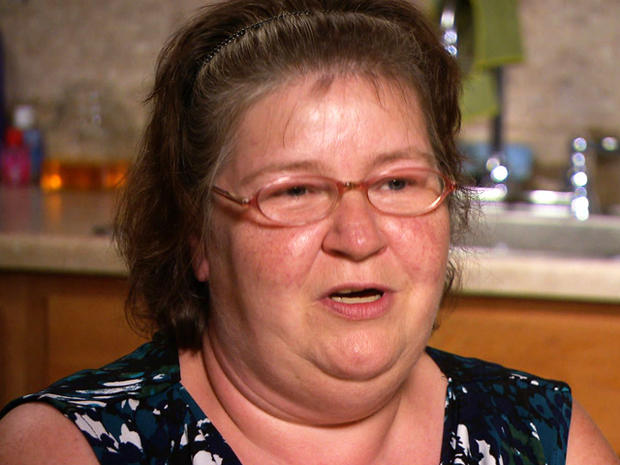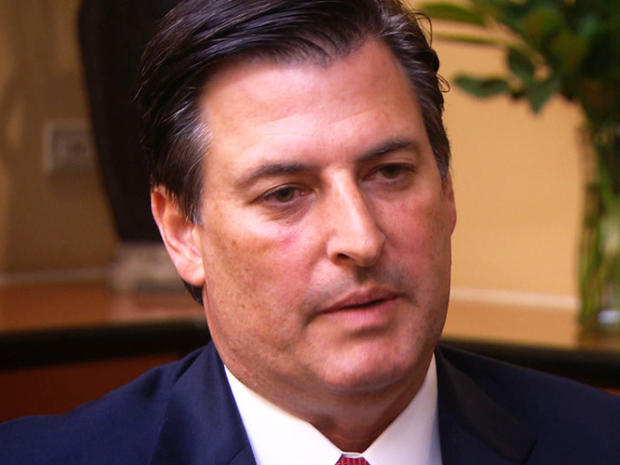Coverage gap leaves up to 7 million ineligible for Medicaid
(CBS News) NEW YORK -- The Affordable Care Act hoped to cover more poor Americans by requiring states to expand Medicaid, but 26 states declined to go to that expense, creating a coverage gap. All have Republican governors or legislatures controlled by Republicans.
Forty-five-year-old Bertha McIntyre needs daily medication to manage her diabetes and heart problems. The unemployed home health aide also cares for her grandson. She does not qualify for Medicaid in Missouri, because her family income is too high -- about $1,200 a month.
"It's just shocking to me when a gallon of milk and a loaf of bread costs $10, there's only so much that you can buy on $1,200 a month," she said.
The Affordable Care Act covered the poor by requiring states to expand Medicaid, but many states sued and the Supreme Court ruled states could not be forced to comply.
Now, as many as seven million people make too much to qualify for Medicaid, but not enough to get help to buy a plan on the new health care market.
McIntyre said sometimes she simply doesn't go to the doctor.
Obamacare marketplaces raise data security concerns
Healthcare.gov plagued by crashes on 1st day
Obamacare: What it can -- and can't -- do for you
"I know that my health suffers for it," she said. "But am I going to take food out of a child's stomach, or am I going to do without going to the doctor? Which would you choose?"
Republican state Senator John Lamping argues Missouri faces tough choices, too. He voted against Medicaid expansion.
"The entire cost of Medicaid in Missouri is one-third of Missouri's budget, it's more money than we spend on K-12 education, it's three times more than we spend on higher ed. We can barely afford to be in the Medicaid program as it exists today."
The federal government offered to cover the cost of expanding Medicaid across the country, but Missouri rejected that.
"The idea that federal government pays 100 percent of the cost for the first two or three or four years, Missourians are skeptical to that," Lamping said. "We're trying to make the best long-term decisions that we can."
"I would like for any one of the politicians to come and live in my shoes for 30 days," McIntyre said. "And see what it's like, because they don't have a clue what it's like to not have health care."
States can decide to expand Medicaid at any time. The federal government insists it's up to them to bridge the coverage gap.


